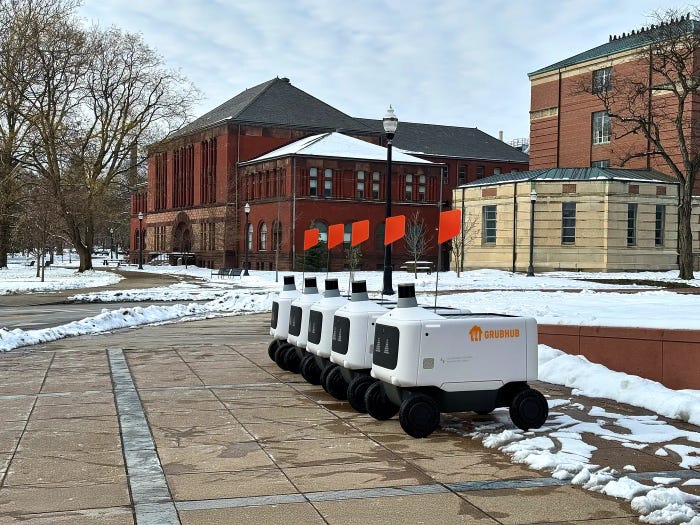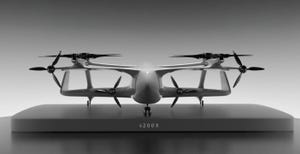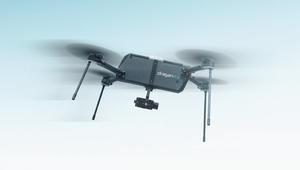Surgeons Complete First Bronchoscopy Using Robotic Navigation System in the USSurgeons Complete First Bronchoscopy Using Robotic Navigation System in the US
The successful procedure marks the tool’s emergence into the U.S. health care market

The first bronchoscopy using a new robotic navigation system has been successfully completed at the University of Chicago Medicine.
The Galaxy System, designed by Noah Medical, is designed to help surgeons locate and remove lung nodules during biopsies. The first human trial of the Galaxy System was conducted in March in Australia.
The successful procedure in Chicago marks the system’s commercial release in the U.S. and follows its recent FDA clearance.
“The Galaxy System is the first robot for peripheral lung navigation that includes integrated imaging, which is the solution bronchoscopists have been asking for,” said Kyle Hogarth, co-director of the Lung Cancer Screening Program at the university. “We are excited to be the first hospital in the United States to implement this next-generation robotic solution for our patients which we believe will improve and expedite the early diagnosis and treatment of lung cancer.”
A recent study into the system’s efficacy was published by the Journal of Bronchology & Interventional Pulmonology, and found that the robotic platform’s technology achieves “100% successful navigation to lesion, 100% diagnostic yield and 95% tool-in-lesion accuracy.”
“We designed the Galaxy System in collaboration with physicians to provide unique clinical value to patients and improved procedural efficiency,” said Jian Zhang, Noah Medical’s CEO. “We are thrilled to introduce the platform at UChicago Medicine, a pioneer in using life-saving technologies to fight lung cancer.”
About the Author
You May Also Like


.jpg?width=700&auto=webp&quality=80&disable=upscale)
.jpg?width=700&auto=webp&quality=80&disable=upscale)

.jpg?width=300&auto=webp&quality=80&disable=upscale)


